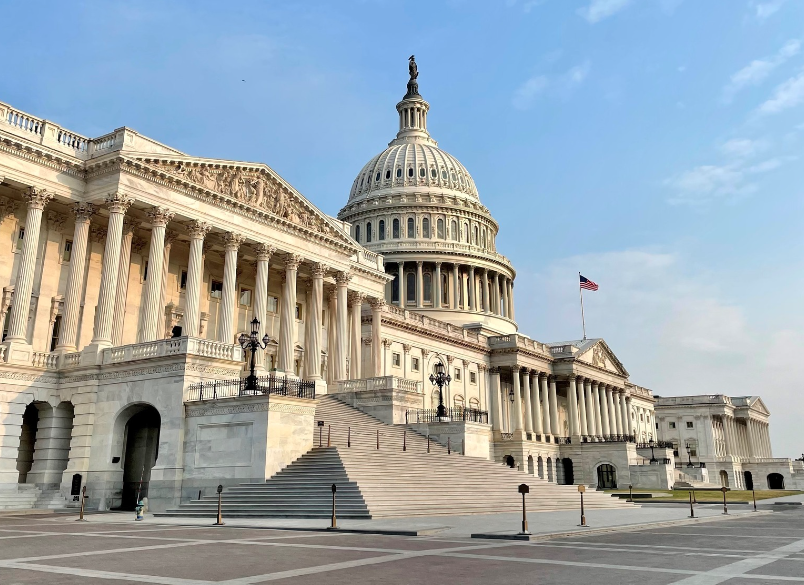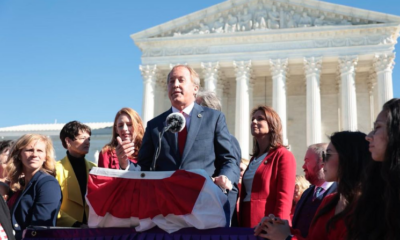POLITICS
Congress Heads Into Battle To Avert Government Shutdown
Published
1 year agoon

More From Politically+
-


Biden Talks Pro-Worker, Pro-Union Policies At Labor Day Event in…
-


NRA Conventions Sparks Protests in Houston, TX
-


More: Hundreds of Roe V. Wade Supporters Protest in Austin,…
-


UK Prime Minister Boris Johnson wins no-confidence vote but faces…
-


More – Killers and free speech shouted by protesters outside…
-


Texas AG Ken Paxton’s Impeachment Trial Begins Tuesday
-


New Zealand Prime Minister Jacinda Ardern delivers commencement address at…
-


‘Assault Weapons’ Ban Passed in Washington State Challenged in Court
-


Abortion Rights Protestors in Front of the Ohio Statehouse
-


Protesters Gather in Houston, TX In Anti-NRA Demonstration After Deadly…
-


Protesters sing We Will Stop You interrupting Shell chairman’s speech…
-


Democratic Activist Confronts Senator Ted Cruz at a Sushi Restaurant
